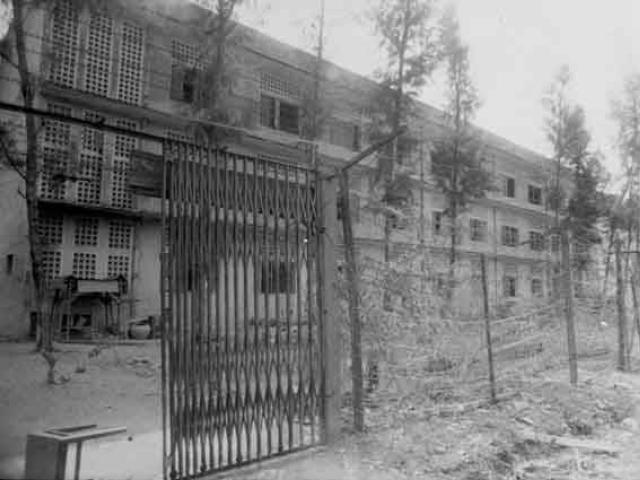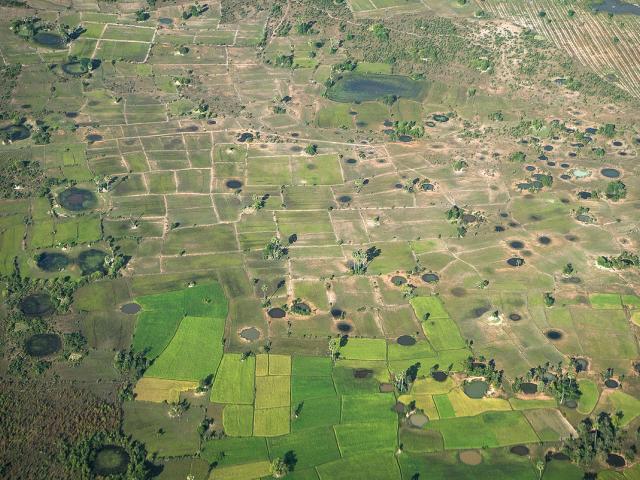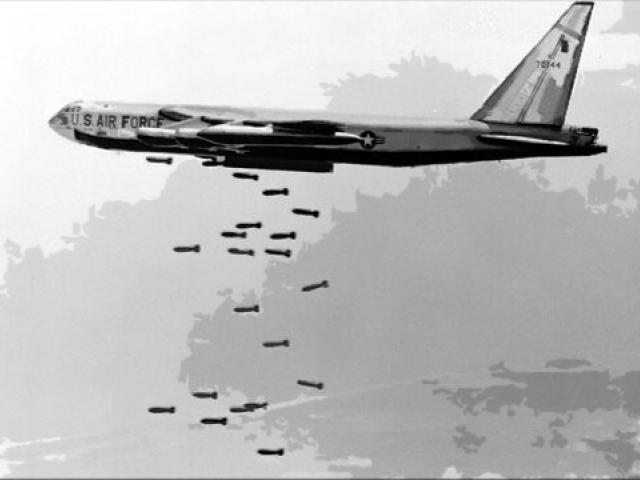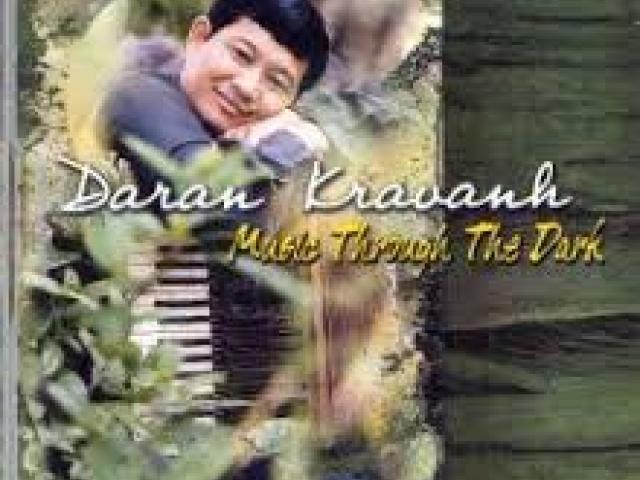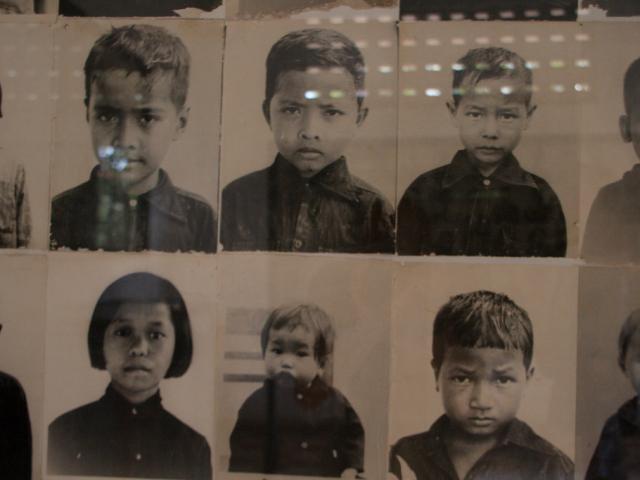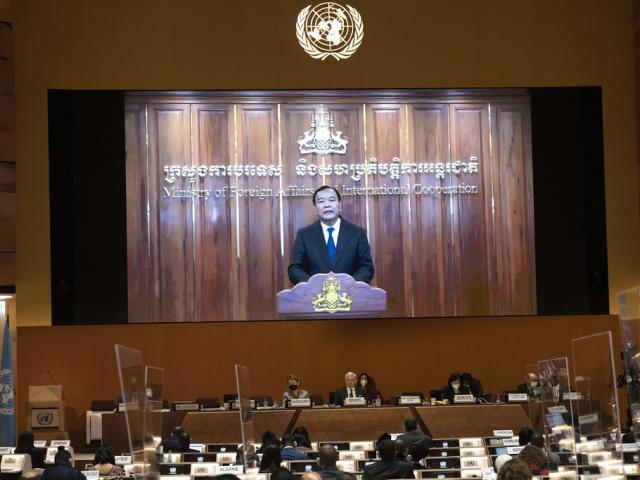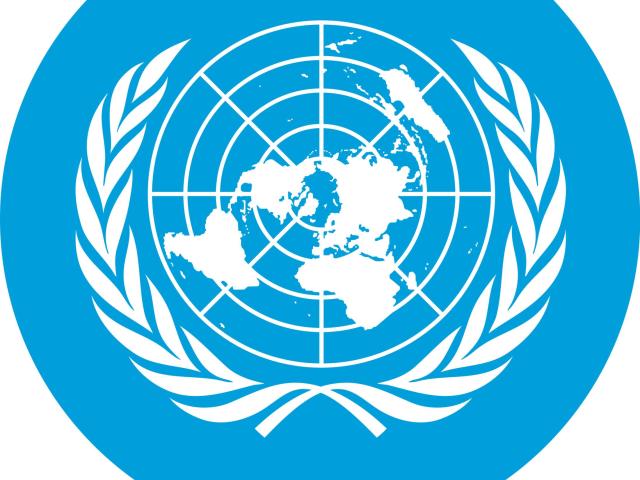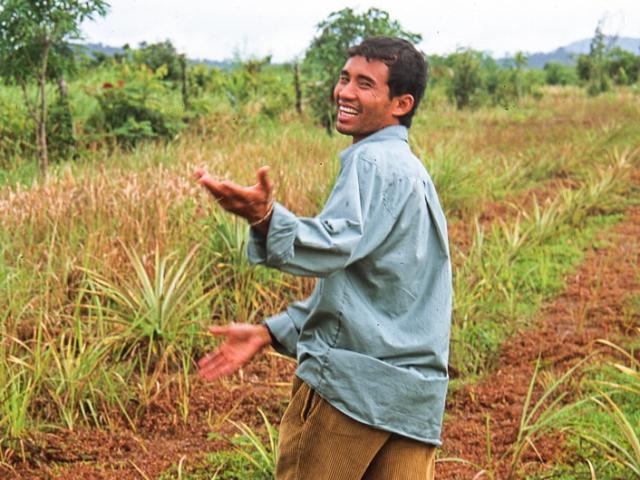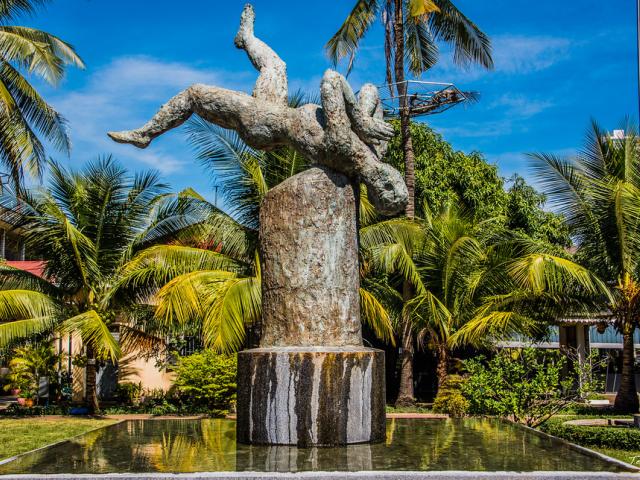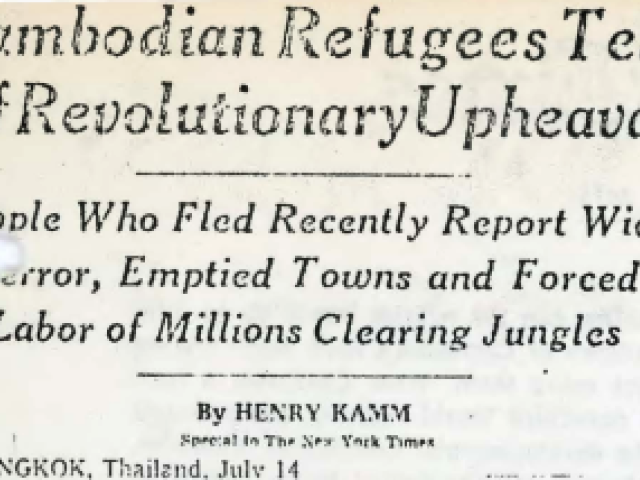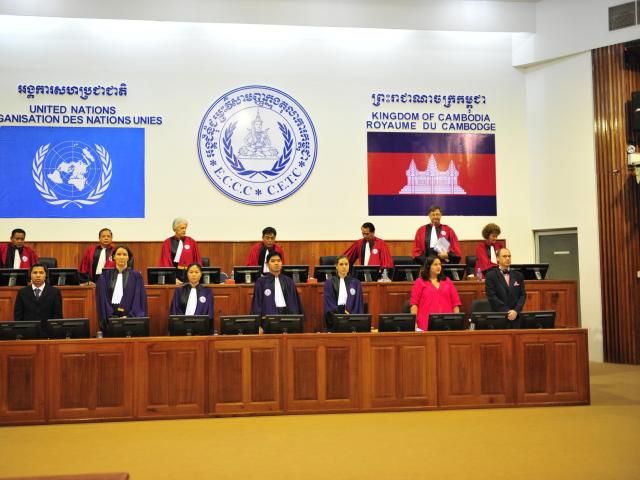Area of Study 2: Genocide in Cambodia
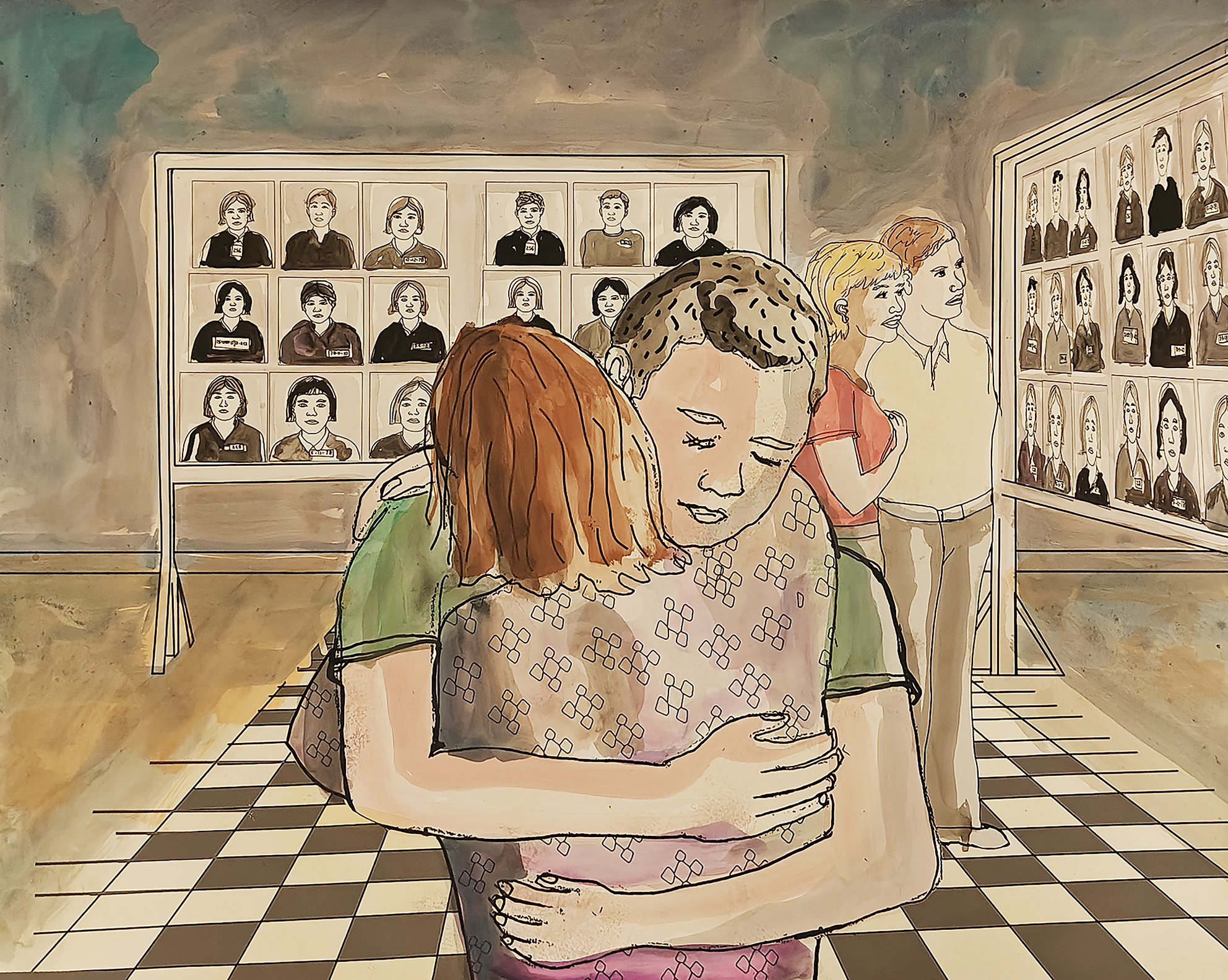
War and Genocide in Cambodia
On April 17, 1975, the Cambodian communists, also known as the Khmer Rouge, literally meaning ‘red Khmer,’ marched into Phnom Penh, the capital of Cambodia. For Cambodians, it was the beginning of a spiraling descent into one of the nation’s darkest eras. Even in a century of mass atrocities, the revolution and genocide that took place in Cambodia from 1975-1979 was one of the most extreme and brutal chapters of the twentieth century. What emerged in the aftermath of the Khmer Rouge’s genocidal regime was a nation fractured by death and dispersal.
Ethnicity, Language, and Genocide in Cambodia
This narrative will provide a brief overview of the linguistic and ethnic landscape in Cambodia, with special focus on Khmer (or Cambodian) language and its changes in recent decades. The following content may help educators and students consider the following questions:
- Why might nation-building efforts try to erase ethnic and linguistic diversity?
- Why is it important for a government to have its citizens speak the same language?
- Students may also think about why some ethnicities and languages are discriminated against while others are looked upon more favorably.
